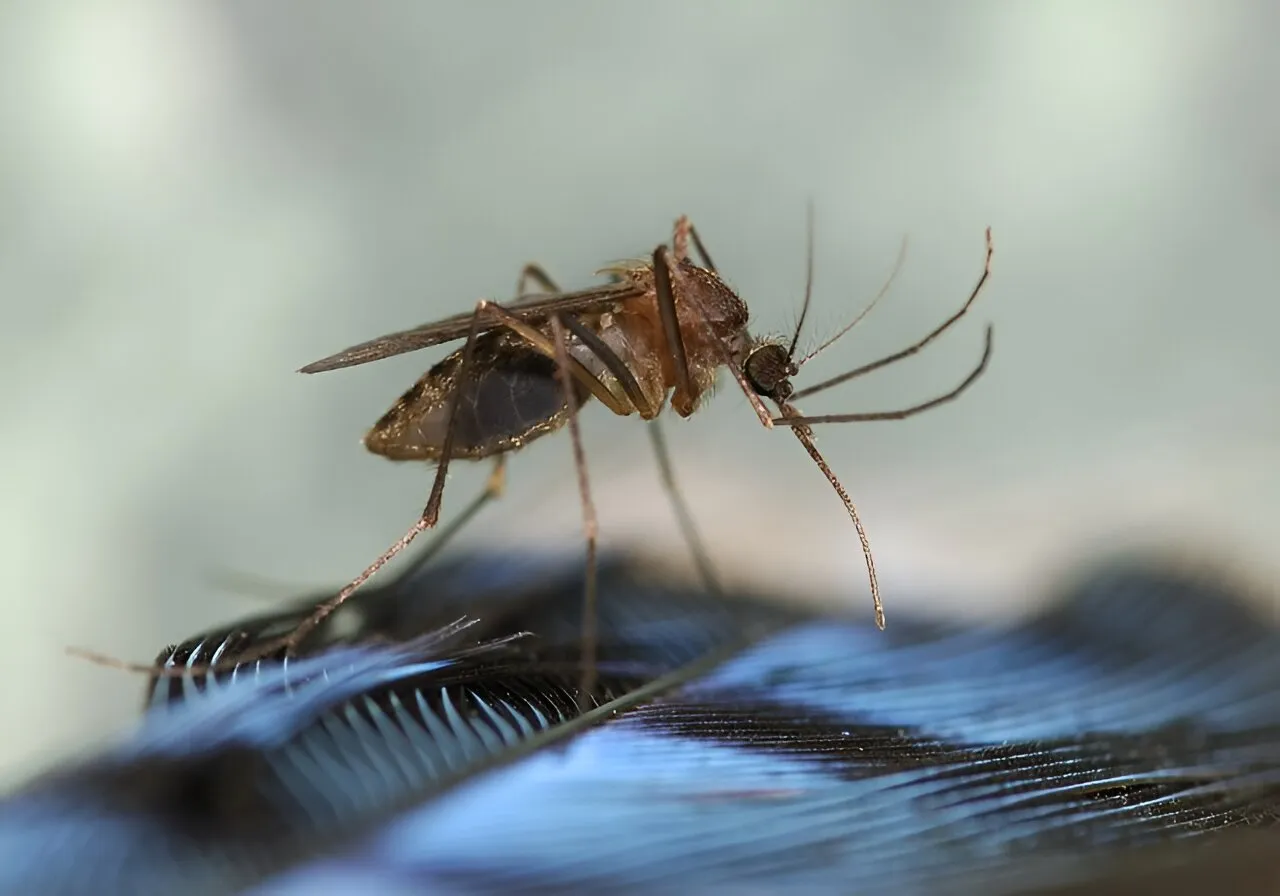Exploring Medicine Research on Mosquito-Borne Diseases and Climate Change

The Impact of Climate Change on Mosquito-Borne Diseases
Eastern equine encephalitis (EEE) is a severe mosquito-borne disease that can cause life-threatening symptoms such as fever, seizures, and changes in behavior. The changing climate has led to increased transmission of this disease, raising concerns in health research.
- EEE mortality rate is approximately one-third of cases.
- Climate change is altering mosquito populations significantly.
- Health science is increasingly focusing on preventative measures as outbreaks rise.
Adaptation in Health Science
Investigation into the relationship between climate variability and health impacts is vital for developing a proactive approach to public health. Increased funding in medicine research emphasizes the need for urgent adaptation strategies to combat this growing threat.
Disclaimer: The information provided on this site is for informational purposes only and is not intended as medical advice. We are not responsible for any actions taken based on the content of this site. Always consult a qualified healthcare provider for medical advice, diagnosis, and treatment. We source our news from reputable sources and provide links to the original articles. We do not endorse or assume responsibility for the accuracy of the information contained in external sources.
This article was prepared using information from open sources in accordance with the principles of Ethical Policy. The editorial team is not responsible for absolute accuracy, as it relies on data from the sources referenced.